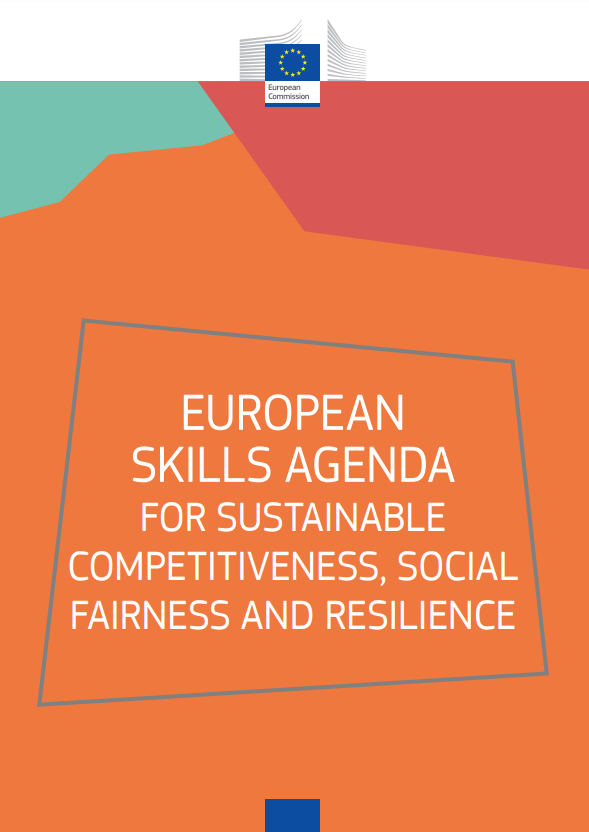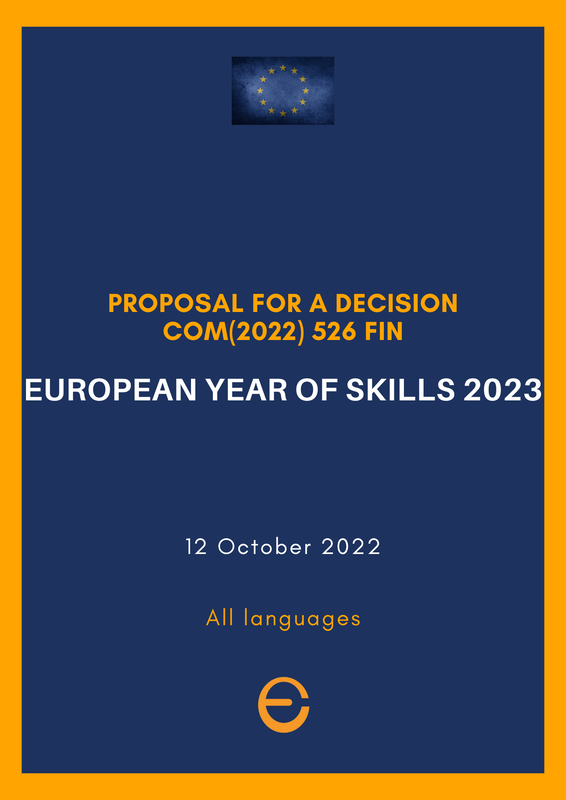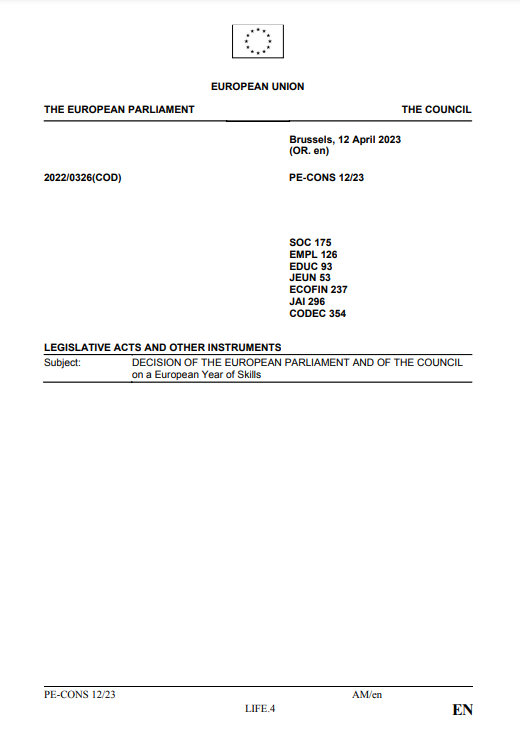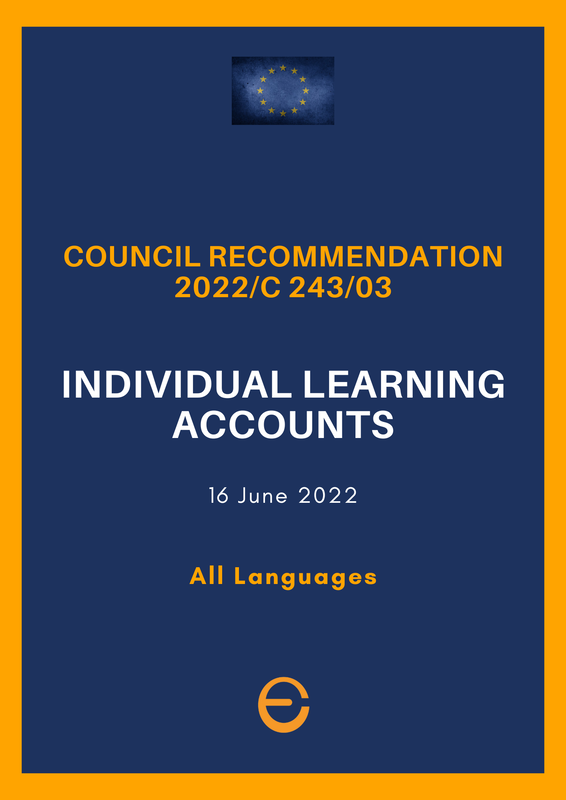EU SOCIAL PILLAR
Chapter I
Chapter I
1- Education, training, life-long learning
"EU declared that everyone has the right to quality and inclusive education, training and life-long learning in order to maintain and acquire skills that enable them to participate fully in society and manage successfully transitions in the labour market".






